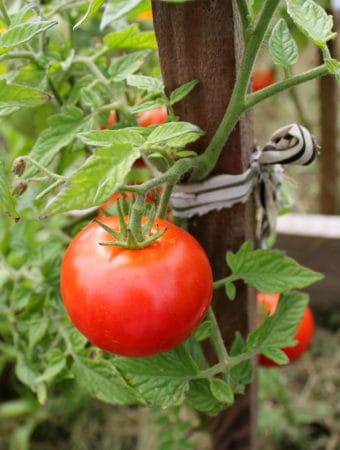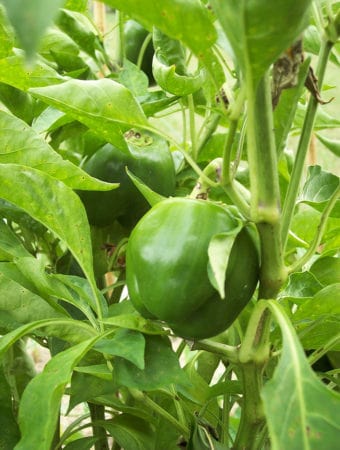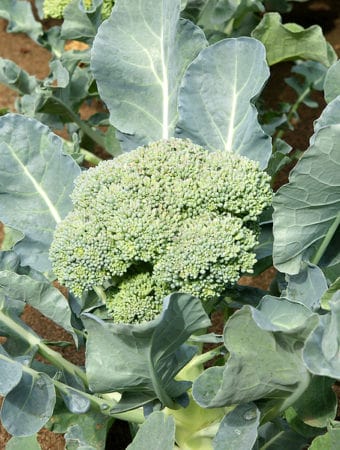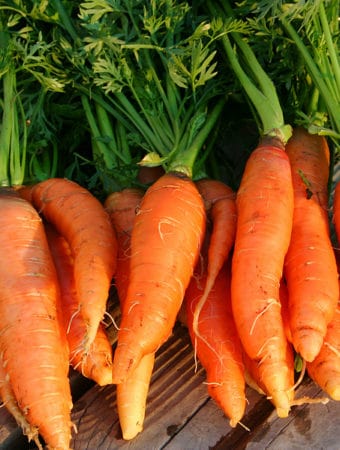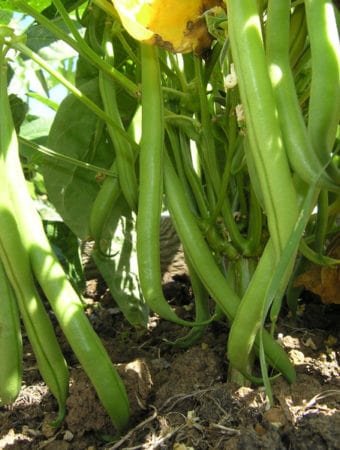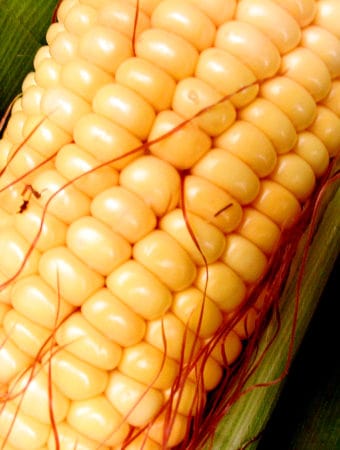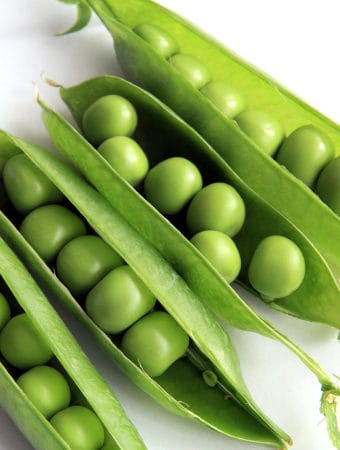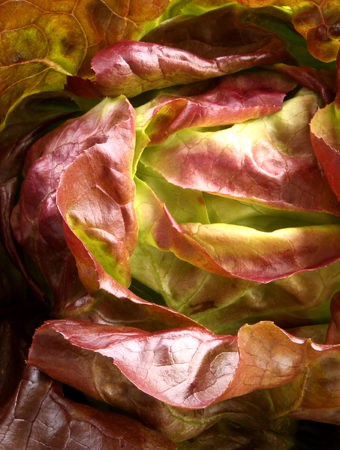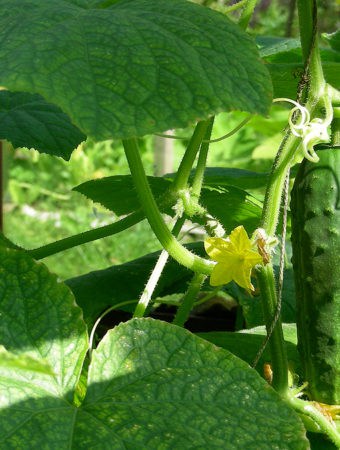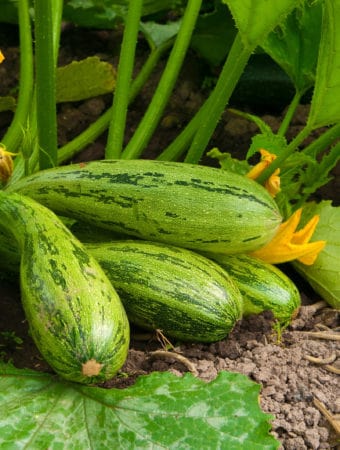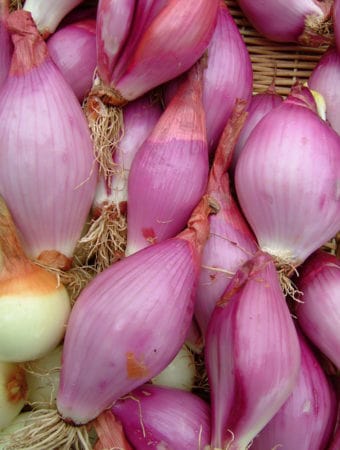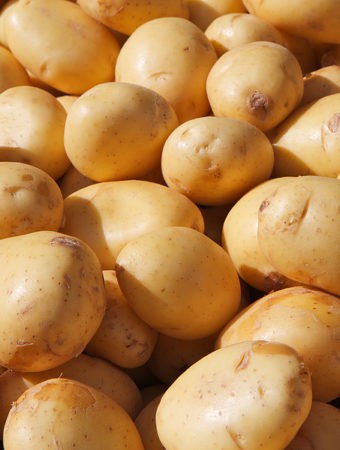The damsel bug is a beneficial insect. Damsel bugs prey on aphids, leafhoppers, plant bugs, thrips, and small caterpillars. Damsel bugs cause no damage to plants.
Several species of damsel bugs are found throughout North America.
Scientific name: Family Nabidae
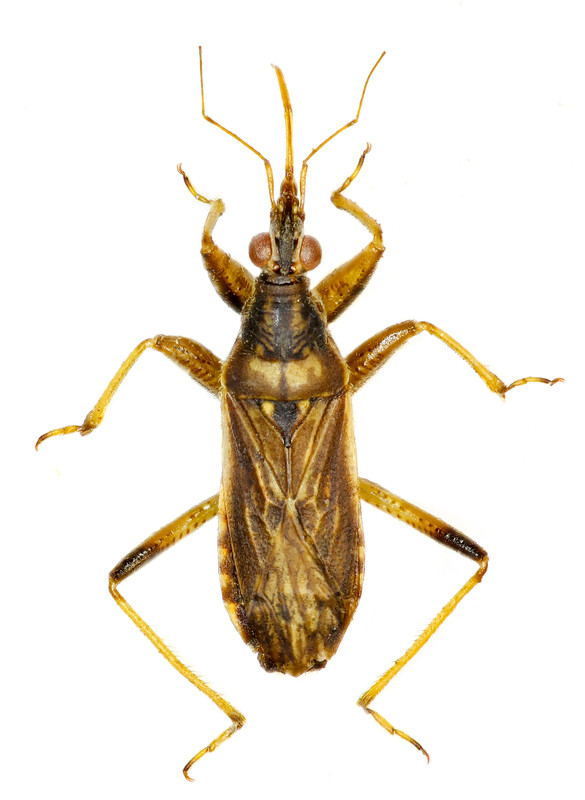
How to identify damsel bug
Adult damsel bugs are dull gray or brown and have long, narrow heads with elongated bodies 3/8 to ½ inch long. They have jointed legs and angled antennae. Adults have four wings that make an X-like mark on their backs when the wings are folded. Nymphs look like adults but are darker colored and do not have wings.
Adult damsel bugs and nymphs are very quick moving as they seek slower-moving prey. They fly when disturbed.
Damsel bug life cycle
Adult damsel bugs lay their eggs on meadow grasses. To attract damsel bugs to the garden plant ornamental grasses. As well, damsel bugs are commonly found in unsprayed alfalfa fields. You can collect damsel bugs there and release them in the garden.
Females lay eggs in plant tissue. The eggs hatch in one week. Nymphs begin eating immediately and can attack and eat prey larger than themselves. Nymphs develop for 3 to 4 weeks then molt to adults.
Adults overwinter in grasses and weeds. There can be several generations of damsel bugs each year depending on the climate.
How to attract damsel bugs
Damsel bugs, like many other beneficial insects, are attracted to the nectar and pollen in flowers. Plant a variety of flowers in the garden to attract damsel bugs. Plant fennel, mint, goldenrod, and caraway. Damsel bugs also like to hide in tall grasses.
Related articles:
Vegetable Garden Beneficial Insects
Vegetable Garden Organic Pest Control
Vegetable Garden Diseases Problem Solver
Vegetable Garden Organic Weed Control
Garden Planning Books at Amazon:
- Vegetable Garden Almanac & Planner
- Kitchen Garden Grower’s Guide Vegetable Encyclopedia
- Vegetable Garden Grower’s Guide
- Tomato Grower’s Answer Book


